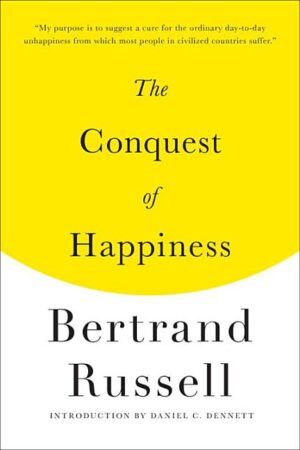"An unusually thorough blend of intellectual and institutional history. [Wheatland's] book ought to bring new attention to this highly suggestive part of the Frankfurt School's story."–Adam Kirsch, Tablet
"More solid, albeit a bit more theoretical intellectual history of the period in which America grew up and joined the rest of the world. Worth the effort."–Eric Alterman, The Nation
"Sometimes it is really great fun to read scientific books. Thomas Wheatland has accomplished such a book with The Frankfurt School in Exile: the expert cannot do without it, and the interested layman will feel enriched. . . . Because [Wheatland] ventures into the intellectual-political themes in 1930s New York and 1940s America, he succeeds in drawing a powerful picture of the Frankfurt School in exile, which, contributes beyond the claims of an intellectual history to our knowledge of the present. Whoever believes that Critical Theory can be restored as social theory will not get by without this study."–H-Soz-u-Kult
"Carefully researched and well written."–Choice
"Cleverly applying a modified Marxism of his own to his analysis–explaining how the Frankfurt School's ideology was informed by its own economy, for instance, and why Columbia initially welcomed the eminent emigres for curiously pragmatic reasons–Wheatland has produced a worthy successor to Martin Jay's The Dialectical Imagination and Rolf Wiggershaus's The Frankfurt School."–The Atlantic
"Wheatland's book delivers an impressively researched and skillfully written account that is rich in narrative detail and replete with lucid summaries of difficult ideas."–German History
"The Frankfurt School in Exile is a fascinating and compelling overview of an important episode in trans-Atlantic intellectual history. In exposing the material factors that affected the production of some of the twentieth century's most demanding works of cultural analysis, Wheatland helps us approach the modernist period as a whole in an entirely new light."–Modernism/Modernity
"This work is commendable for correcting popular myths about the Frankfurt school and as a rich social history of the Frankfurt school during a crucial phase of its development, illuminating the political and institutional dynamics of their work and its reception among American academics, literati, and leftists."–Journal of the History of Philosophy
"This excellent book is a must-read for everyone dealing with 20th-century intellectual, institutional, and disciplinary history, with emphasis on exiled intellectuals from German-speaking countries. Those specializing in German culture studies in the U.S. will greatly benefit from the comprehensive and thoroughly researched analysis of the Frankfurt School in Exile and pay tribute to the tremendous achievement by hoping for a follow-up project."–Monatshefte
"Wheatland's history of the Frankfurt School in exile is ... a valuable contribution to the literature. Those familiar with or new to the Critical Theory tradition and its origins should find something here to stimulate fresh perspectives and more developed understandings. Wheatland's book has found something that was left to say."–Left History
"Wheatland's commitment to uncovering the truth about the Frankfurt School's American years is admirable. Anyone interested in the intellectual history of the twentieth century, especially transatlantic intellectual history, will want to read it."–Parrhesia Journal
"It is a testimony to Wheatland's erudition and far-flung research that his book provides a fresh and comprehensive treatment of the Frankfurt School in exile, satisfies curiosity on a wide range of related subjects, but also suggests new lines of inquiry. This thoroughly researched and fluently written book will appeal to a wide audience of scholars and students interested in twentieth-century Western intellectual and political history."–American Historical Review
"Wheatland's study satisfies high scholarly standards: it's well-researched, clearly written, and sheds new light on many aspects of the history of the HC [Horkheimer Circle]."–Reviews in American History
"A useful and welcome addition to existing scholarship."–German Quarterly
"Thomas Wheatland offers a striking overview of the experience of the Frankfurt School of leftist German-Jewish émigrés, who took refuge on Morningside Heights at Columbia in New York during the 1930s and 1940s. Wheatland's book is based on superb archival research and numerous interviews with key figures. Wheatland offers a particularly excellent, broad social network history of ideas in the 1940s as the Institute struggled to find an intellectual home."–Enterprise and Society





